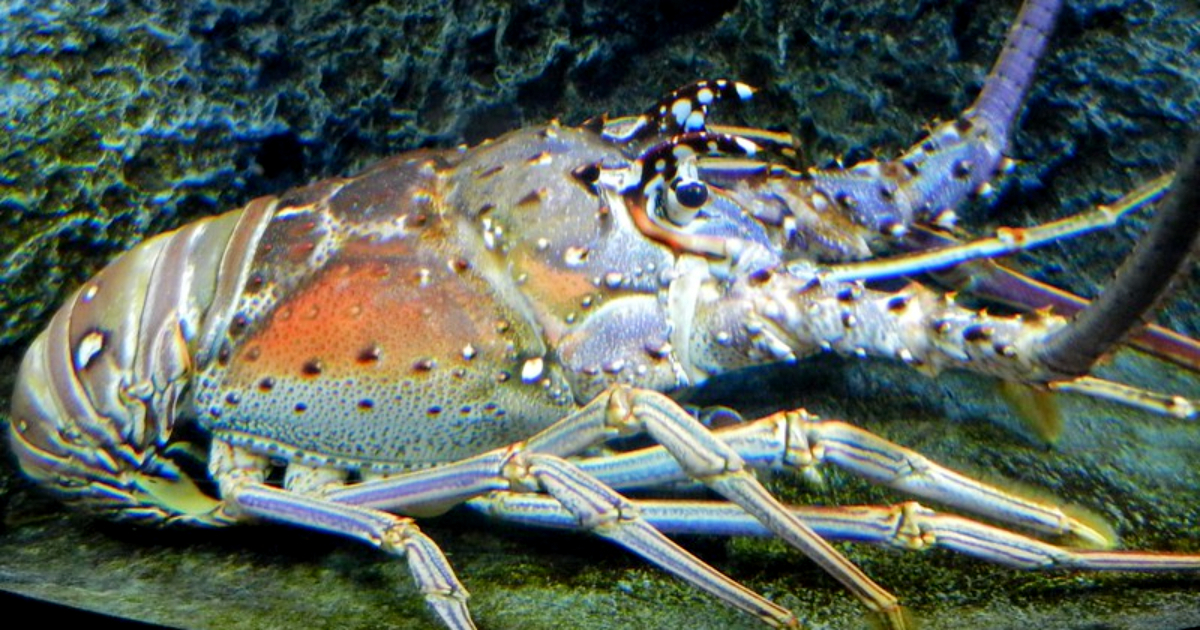
Aifa Seafood, Inc., a Florida corporation, and its president,Jiu Fa Chen, pleaded guilty to exporting falsely labeled seafood to China.
According to himstatement from the U.S. Attorney's Office for the Southern District of Florida, the company and its management pleaded guilty to exporting falsely labeled spiny lobster from Florida to China.
Also known asCaribbean common lobster (Panulirus argus), Aifa acknowledged having imported specimens from Haiti to re-export to China.
From May through August 2019, the company admitted to re-exporting approximately 5,900 pounds of lobster in shipments that it falsely labeled.
"Live Florida spiny lobster, product of the US," the company said in shipping documents to China, where these crustaceans are in high demand.
For the recognized crime, Aifa faces a sentence of up to five years of probation and a fine of up to $500,000.
For his part, Chen (57) faces a prison sentence of up to five years, a fine of $250,000 and a period of three years of supervised release.
The sentencing hearing for both defendants will be held on May 23, at 9:30 am.
Assistant U.S. AttorneyThomas Watts-FitzGerald is prosecuting the case, which was investigated by the National Oceanic Atmospheric Administration's (NOAA) Office of Law Enforcement, the Homeland Security Investigations (HSI Key Largo) office, and the Commission's Law Enforcement Division. Wildlife Conservation (FWC).
Cuba has historically been one of the largest exporters of fishing products to several countries such as Canada and Spain, although China has become one of the main destinations in recent years.
In November 2021, authorities from Cuba and Chinasigned agreements to promote the export of white shrimp and marine shrimp to the Asian market, a delicacy that Cuban residents on the island have difficult access to.
At the end of 2022, fishermen from Isla de la Juventud planned to catch750 tons of lobster for export before the crustacean's winter season ended in December.
The spiny lobster is considered the star product of Cuban fishing. Destined for the international market and tourism by the regime that controls the country's state companies, lobster is the crustacean that generates the most foreign currency for the country in the fishing sector.
However, Cubans can never consume this product legally, since lobster is not sold in most of the island's markets and when it is found it is at astronomical prices.
Last November, the sale of lobster tails from Cuba in French supermarkets provoked the reaction of a Cuban woman who left a handwritten message on the refrigerator where the product was displayed:“Whoever buys that product enriches the dictatorship in Cuba”.
What do you think?
COMMENTFiled in: